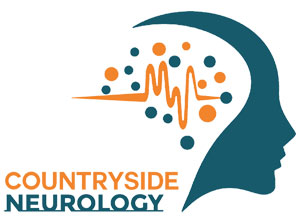This comprehensive guide aims to help patients recognize papilledema symptoms, understand when to seek medical attention, and shed light on the diagnosis process.
What is Papilledema?
Papilledema is a condition where increased pressure inside the skull affects the optic nerve, leading to optic nerve head swelling, and it can result in vision problems.
Recognizing the Symptoms:
1. Vision Changes: Keep an eye out for blurred or double vision, difficulty focusing, and transient vision loss, which can be early warning signs.
2. Headaches: Persistent, throbbing headaches, often worse in the morning or with eye movement, should raise concerns.
3. Nausea and Vomiting: Unexplained nausea or vomiting, especially in combination with headaches, may be linked to papilledema.
4. Pulsatile Tinnitus: Hearing a rhythmic thumping sound in your ears, synchronized with your heartbeat, can be a symptom.
5. Eye Symptoms: Increased sensitivity to light, seeing flickering lights, or noticing spots in your vision could also be indicative.
Seeking Help:
If you or someone you know experiences these symptoms, it’s crucial to consult a healthcare professional promptly. Early diagnosis is key to preventing vision loss. Medical experts may conduct various tests to confirm papilledema.
Diagnosis Process:
1. Eye Examination: An ophthalmologist will perform a detailed eye exam, including assessing the optic nerve’s appearance and measuring visual acuity.
2. Imaging: Imaging studies like MRI or CT scans may be ordered to visualize the brain and optic nerve and rule out other causes.
3. Lumbar Puncture: In some cases, a lumbar puncture (spinal tap) might be performed to measure cerebrospinal fluid pressure.
In Conclusion:
Papilledema is a serious condition that requires swift attention. By recognizing symptoms and seeking medical help promptly, patients can increase the chances of preserving their vision. The diagnostic process involves eye examinations, imaging studies, and sometimes lumbar puncture to confirm the condition. Your eyesight is precious, so if you suspect papilledema, don’t hesitate to consult a healthcare professional. Early intervention can make a significant difference in your overall well-being and vision health.
If you or a loved one are concerned about papilledema, please don’t hesitate to schedule an appointment at Countryside Neurology. Contact us at 727-712-1567. Your wellbeing is our utmost priority.




